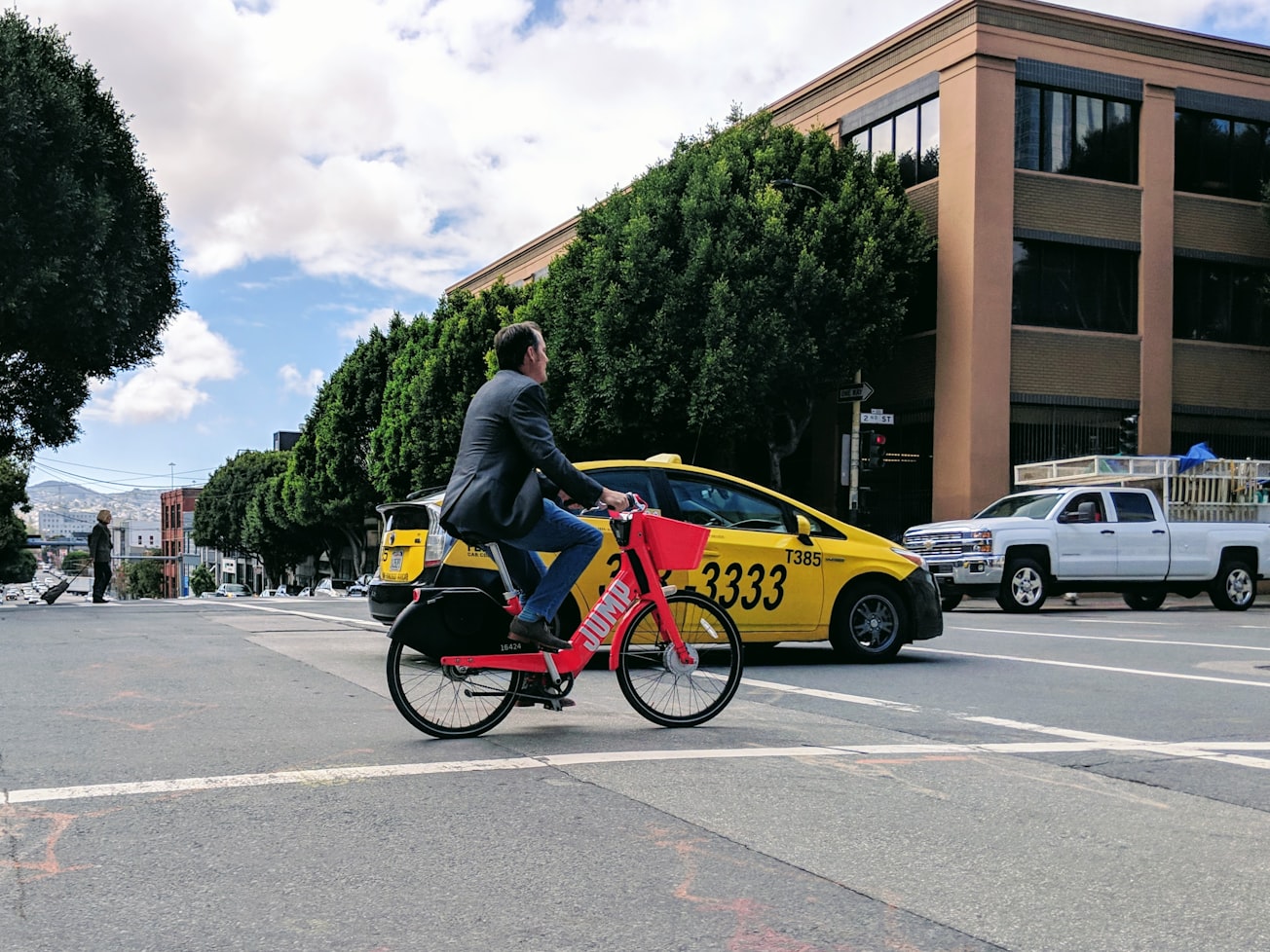What is it about?
Dockless bike share systems present an opportunity for cities to expand access to bike share by lowering costs and geographic barriers, but also create additional challenges in the areas of maintenance, parking, and right-of-way management. Most dockless providers are private, venture-capital funded entities, representing a significant departure from current public and non-profit approaches. Several cities have encountered challenges in securing cooperation from these operators in areas such as data transparency. This raises a key question: To what extent can cities use contracts and governance to exchange use of the public right-of-way for operating requirements that advance equity, accessibility, innovation, and other goals? Using case studies from other U.S. cities and drawing insights from the wider “smart mobility” literature, this research presents recommendations for regulating dockless bike share in cities and ties these approaches to the implementation of Nice Ride Minnesota’s dockless pilot. It also examines prominent challenges in coordination and implementation and highlights novel approaches with an eye towards the future of bike share in the Twin Cities. It concludes that shared mobility service providers should expect to be regulated in exchange for use of public right-of-way, while cities should provide transparent and proactive regulation, maintain an environment of iteration, define their own metrics for success, place planning goals before innovation, and strive for regional collaboration.
Featured Image

Photo by Tareq Ismail on Unsplash
Why is it important?
Dockless bike share systems present an opportunity for cities to expand access to bike share by lowering costs and geographic barriers, but also create additional challenges in the areas of maintenance, parking, and right-of-way management. Most dockless providers are private, venture-capital funded entities, representing a significant departure from current public and non-profit approaches. Several cities have encountered challenges in securing cooperation from these operators in areas such as data transparency, and this paper offers some insights into how the challenge may be addressed.
Perspectives
This was an exciting opportunity to compare governance models, and their impacts (if any) on the success of a dockless bikeshare roll-out as they happened
Frank Douma
University of Minnesota Humphrey School of Public Affairs
Read the Original
This page is a summary of: Governing Dockless Bike Share: Early Lessons for Nice Ride Minnesota, Transportation Research Record Journal of the Transportation Research Board, May 2019, SAGE Publications,
DOI: 10.1177/0361198119845651.
You can read the full text:
Resources
Contributors
The following have contributed to this page










